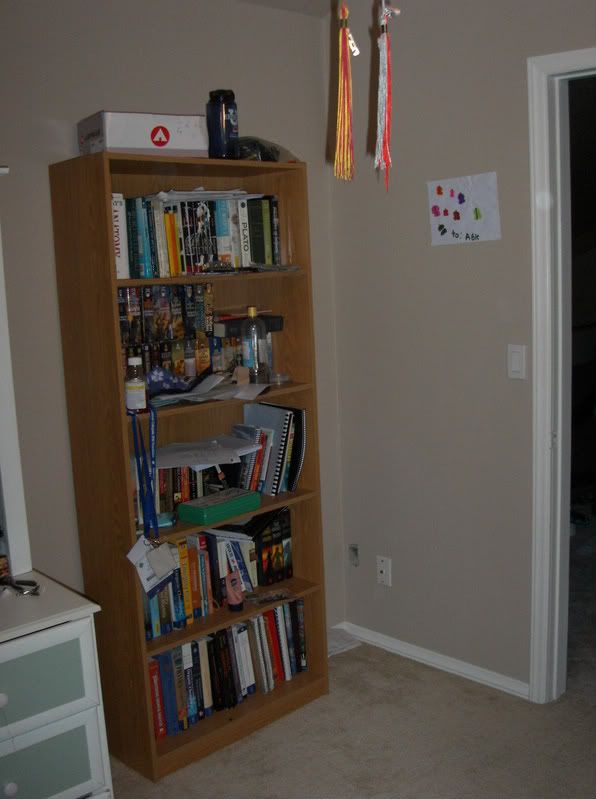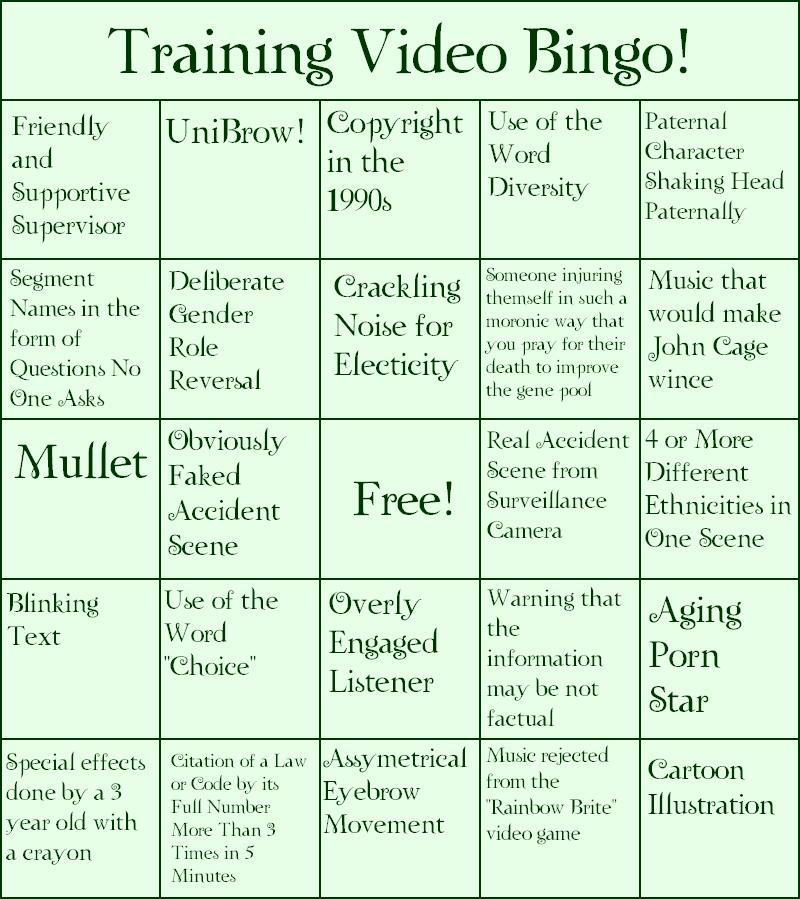Book Vs. Movie: What Dreams May Come
The somewhat anticipated review has arrived. Sorry it has been much delayed, but in all the running around to get things settled for grad school, and then going to work, ya'll end up coming in second place. Sorry, but this doesn't involve a paycheck. Or a worthless piece of paper.
Back to the business at hand: WDMC.
I originally saw this in high school, because Cuba Gooding Jr. is one of my favorite actors. And the previews were enticing. I didn't know it was a book until recently.
Rundown on the book: Authored by Richard Matheson (of I am Legend notoriety...I actually found out he wrote WDMC when I was looking for a copy of IAL). I found it, with Somewhere in Time, published in a single volume. Matheson's forward included something to the effect that these two novels were his best and favorite works. Also included was that WDMC is not a work of fiction. More about that later.
Rundown on the movie: Robin Williams, Cuba Gooding Jr., Annabella Sciorra. I fell in love with this movie, partially because of my trip to Shakespeare Camp (don't laugh, I learned a lot). One of the lectures was from a costumer, and she talked a lot about the use of color in costuming to denote relationships and thus further the almighty plot. The movie does this a lot, but not just with costumes...
Matheson's book contained a 5 page source list. As any first grade teacher will tell you, the best way to educate is to entertain. He did copious research, and "solved" the afterlife mystery. Then he came up with a few characters, and told their story in this world as a means of exploring the world.
Side note: I used to be one of those bibliophiles that would read a book thoroughly, and then complain bitterly about any single change that a director made (or inclusion, or exclusion). I grew out of that nonsense. Especially when I see a movie that is amazing and then read the book that isn't as good. Shawshank Redemption might have turned the trick.
Stirke 1: The protagonist is a writer. It's one of my pet peeves. A writer's life is only interesting because they make them interesting (Or because they have severe mental illness). In the movie, he's a doctor instead. He's a well-known pediatrician, possibly specializing in neurology. I'm not sure, because he dies before you find out much detail. His children died 4 years previous causing his wife (Annie) to attempt suicide, he pulls her through it, and then gets offed while doing her a favor on an important day for them.
None of this happened in the book. He just died. Annie had some unspecified trauma and resulting mental illness, but there were more children in the book, and none of them died.
Strike 2: Annie's mental illness just isn't believable in the book. It's tweaked and twisted in the movie and Annabella Sciorra plays it very well. Plus, a spiral is established: her children die, Chris pulls her back; Chris dies, there isn't anyone to keep her from going over the brink.
Also, in the book, there is a lot of mention of soulmates, and loving each other, but it isn't really demonstrated.
Strike 3: Annie's character is really weak. I wasn't going to make it a strike until I realized that it really did bother me. She's boring in the book. You wonder why in the hell the guy's in love with her. It's very clear in the movie. She has a strong personality, fights with her husband, and they obviously adore each other.
It might not be an objective opinion, but I really prefer the movie. Here's why:
Reading the book, it's clear that the story is secondary to Matheson. His real concern is mapping out the world his research showed him. At some point, he became terribly interested in the afterlife. He fanatically researched it, and developed a theory. The story was just a way to publish his work.
This is what the director/producer/screenwriter did: They kept his world... and completely rewrote his characters and the storyline. The characters are much more likeable. The story is more coherent. There is some backstory in relevant places.
Visually, it's stunning. The effects are amazing. And the use of color! There is red whenever life/love are important elements, and blue whenever grief/death/loss are important. You might think I'm over reading it, but watch. If you are open to symbolism, the movie is a feast. Even if you aren't, it's amazingly delightful.
The score is also well-done. You don't particularly notice it, because it adds to the movie so skillfully, evoking the appropriate emotions.
Since this is already too long, the last thing I'll add is that one of the DVD extras is the original ending from the book. It's a rough cut, but an appropriate choice, because the end used was far more moving.










